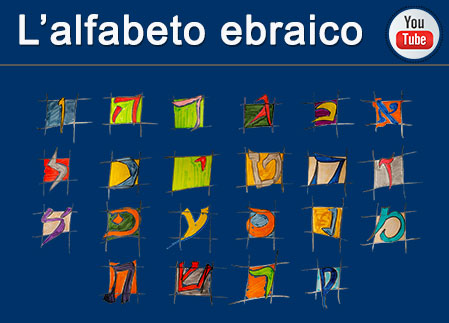Study Group, Jews and Christians
Germania 04/01/1974
The Arbeitsgemeinschaft Juden and Christen beim Evangelischen Kirchentag (Study Group, Jews and Christians at the German Protestant Kirchentag) at its meeting January 2-4, 1974 at Arnoldshain (Taunus) has intensively discussed the Near East conflict and as a result of its deliberations offers the following memorandum to the World Council of Churches in Geneva:We state that within the ecumenical movement two groups pronounce themselves in a particular way in relation to the Near East conflict:
1. there are Christians who support the Jewish people in the State of Israel on the basis of their conception of Christian love and justice;
2. there are Christians who support the case of the Arab Palestinians on the base of their conception of the same Christian love and justice;
We regret:
1. that because of this polarization, the World Council of Churches was prevented from producing its own constructive contribution towards a solution of the Near East conflict;
2. that the message of the Gospel has become ineffective because of this polarization (« Is Christ then divided? » 1 Cor. 1: 13).
It has become clear in our deliberations that the message of the Gospel has laid upon us the duty in the present situation, before all else, to be filled by a profound care for the fate and the suffering of men. This care has to be extended equally to the Jews in Israel and the Arab Palestinians.
I. We emphatically recall to the memory of the World Council of Churches that the Christian churches in the Near East constitute part of the oldest and most faithful witness of the Gospel in our world, and that their members took part in the renaissance of Arab literature, language and culture. We also call to memory that between Islamic and Western culture, a permanent interpretation has taken place.
However, we regret to be obliged to state that since the beginning of the 18th century, the imperialism of Western Christian states has hindered Arab self-realization and has deeply wounded Arab identity. In the last analysis, this course of affairs has affected the Arab Palestinians too. Their human and social problems call for a deep commitment of the ecumenical movement in its entirety.
As a consequence of the fact that love and justice are individable, a life in peace of all the peoples in this •area can only be realized on the basis of human dignity. This means in terms of politics that the World Council of Churches is under the obligation to engage itself especially for the fate of the Palestinians during the coming peace negotiations. A political structure must be found to enable the Palestinians •to shape their identity in freedom.
II. We state that one third of the small Jewish people has been assassinated in the time of our own generation — this carefully planned genocide has no parallel in modern history. Above all this happened in a part of the world that for centuries has been confronted with the message and the life of the Christian churches. For this reason alone, the ecumenical movement cannot deny its responsibility for the Jewish people. The ecumenical movement is therefore under the obligation to consider with the utmost care every form of politics that is creating the psychological conditions for a development which inevitably will end in a second destruction of the Jewish people.
This means in terms of politics that the World Council of Churches uses all its influence during the peace negotiations that the existence and unhampered viability of the State of Israel will be guaranteed after twenty-five years of propaganda, distrust and hatred against this state. A peaceful co-existence of Israelis and Arab Palestinians within one state cannot be realized for the time being. Therefore, the State of Israel is a necessary structure for Jewish existence in the Near East.
III. In its essence, the Christian message is the service of reconciliation in justice, peace and love. We are therefore of the opinion that the World Council of Churches in this moment of critical negotiations is called to engage itself without any restriction for the right to live and for human dignity on both sides.
556 visualizzazioni.
Inserito 01/01/1970
Relazioni Ebraico-Cristiane
Ultime novità nel sito
- 19/04/2020: Articolo - L’enigma della Maddalena
- 23/02/2020: Articolo - Il locus amoenus nelle catacombe ebraiche e cristiane di Roma
- 16/02/2020: Articolo - Il profetismo nel Vicino Oriente antico
- 13/02/2020: Articolo - I Profeti della Cappella Sistina
- 09/02/2020: Articolo - Gerusalemme e la Terra Santa di Israele


